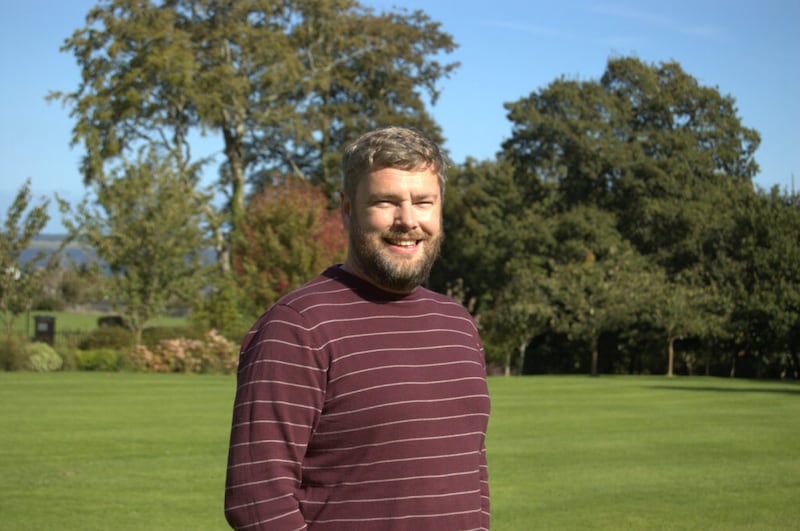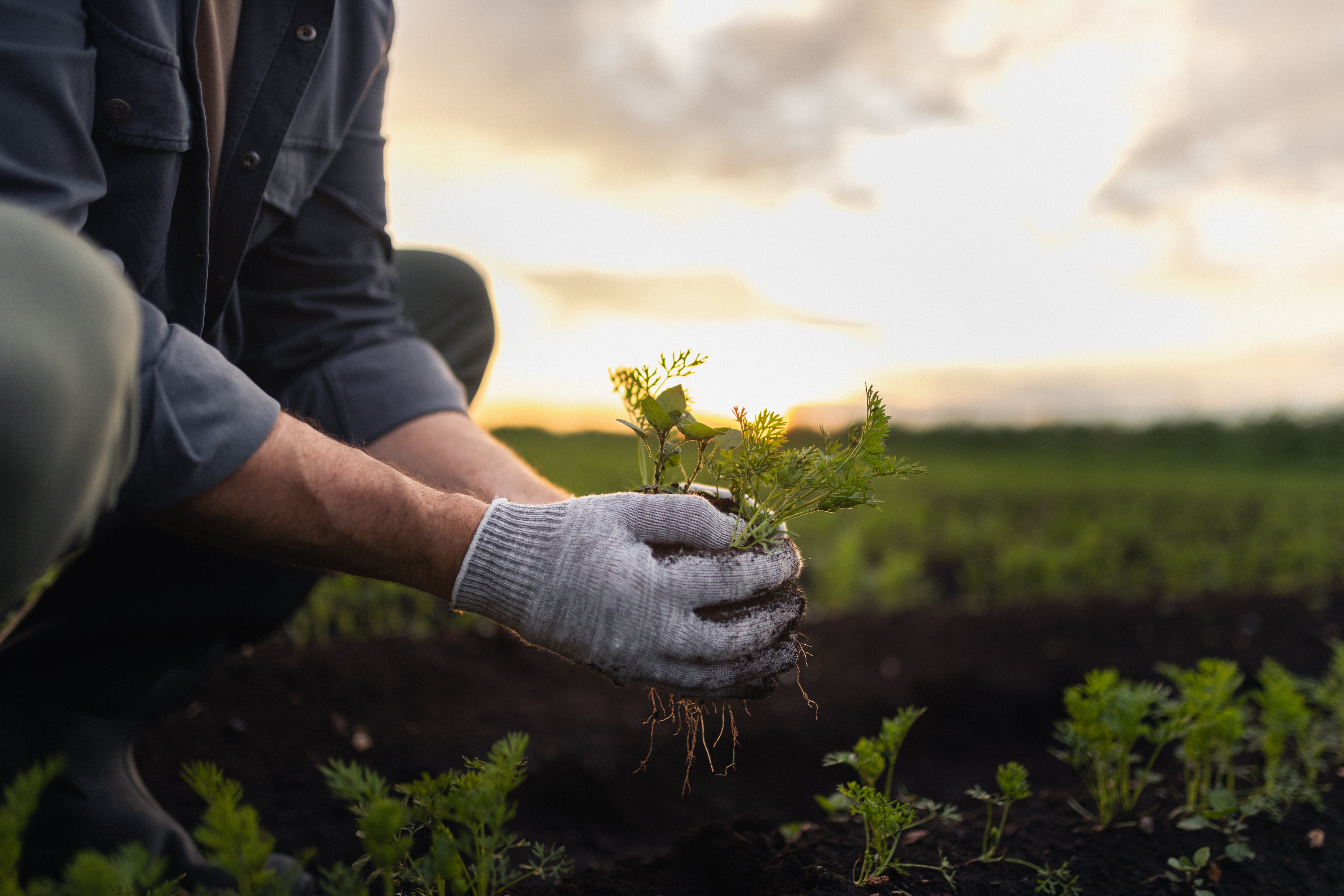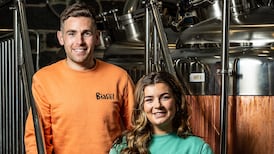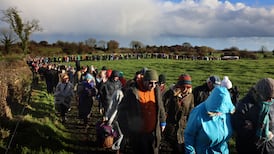How Ireland calculates its greenhouse gas emissions, particularly methane arising from agriculture, has led to a remarkable standoff between leading experts on climate, agriculture, environment and energy.
In deciding which course to take, the controversy has landed on the lap of the Government. As UCC energy specialist Prof Hannah Daly puts it: “This issue might sound technical – a squabble over metrics and timelines – but it is one of the most consequential climate decisions this Government will make.”
Emissions maths is complex. In short, the disagreement is around changing from the current calculation method under the Paris Agreement to a temperature neutrality approach which treats methane differently. The gas, which warms the atmosphere rapidly, is the single biggest contributor to Irish emissions because of our farming sector. However, it does not persist as long as carbon dioxide.
The crux of the issue is how global warming potential (GWP) is measured. The current approach, based on GWP100 measures gas’s heat-trapping ability over 100 years. A new approach, known variously as GWP*, GWP star or GWP plus, measures the impact of short-lived gases such as methane, accounting for their faster atmospheric decay and potential to halt warming if emissions are reduced.
READ MORE
The idea behind temperature neutrality is: if methane emissions stay stable, or decline slightly, then their contribution to warming stops increasing.
The Climate Change Advisory Council (CCAC), which advises the Government, recommended Ireland aim to become “temperature neutral” by 2050 based on its interpretation of the long-term objective of Ireland’s climate law – and backed the alternative metric as it takes better account of methane’s short lifetime. This means stabilising our contribution to global warming by mid-century in future carbon budgets.
GWP* is strongly favoured in the agri-food sector but opponents say for a country such as Ireland, with exceptionally high methane emissions from ruminant livestock, this amounts to a free pass for continued high emissions while warming doesn’t go away; the damage continues.
Opponents say, “no additional warming” sounds ambitious but, in reality, risks becoming the foundation of our long-term climate strategy, while misleadingly claiming “climate neutrality”. An international study published in August said GWP* entrenches global inequality and undermines the rights of poorer countries to develop.

GWP* is potentially more positive for agriculture as it changes the narrative somewhat when farming is compared to other sectors in the economy, says Dr Stephen Whelan, programme director of sustainable farm management and agribusiness at the South East Technological University (SETU).
“Methane produced by cattle and sheep is derived from carbon captured in the plants they eat ... it’s a shorter carbon cycle versus the use of fossil fuels. The narrative is better,” he says.
Critically, he believes that regardless of metric, all economic sectors will still be required to make reductions. “Agriculture is doing its bit, thanks largely due to efficiency gains within the sector over the past number of years. Cows are lasting longer in the herd and are more feed efficient. We have a broader crop profile with more legumes in the mix reducing nitrogen fertiliser required. There is a lot of good work to make beef farming less carbon intensive. Policy, such as increasing the area of land as organic agriculture, will also reduce net emissions.”
Already, there are fewer cattle in the country with a scarcity relative to demand in the EU. “The downside of this is beef is very expensive for the consumer but for the farmer, they may be generating the same value of sales with fewer stock [with fewer methane emissions] and potentially greater margin,” Whelan says.
The Oireachtas Committee on Climate, Environment and Energy had to consider the issue in reviewing carbon budgets as advised by the CCAC up to 2040.
It heard from experts Prof John Sweeney of Maynooth University with Prof Barry McMullin and climate researcher Paul Price of DCU, who said use of temperature neutrality as a critical criterion and omission of the “Paris Test” meant it was “not compatible with a total cumulative warming contribution from Ireland that is in line with Ireland’s ‘fair share’ of the global carbon budget”.
The committee report noted their position; it “introduces a fundamental concern for the integrity of the overall process, and thus of the specific budget proposals themselves”.
Sweeney emphasised equity principles and climate justice demand more ambitious mitigation or more limited budgets from high emission countries such as Ireland: “We cannot ignore the fact that we are grabbing a disproportionate share of the future and dwindling carbon budget to satisfy our political imperatives and economic needs. The tipping points have already arrived in many parts of the developing world, and we cannot ignore that.”
Minister for Climate, Environment and Energy Darragh O’Brien advised the Committee he had not yet formed a definitive view and the input of all experts would be taken into account when adopting the final budget.
Adopting temperature neutrality would weaken ambition, contradict international commitments and shift the burden of mitigation unfairly to others, the committee concluded.
It recommended the Council’s carbon budget proposal and reports be subjected to independent peer review. “The Minister and Government should consider, following the review, aligning targets in line with the previous ‘Paris Test’ and not temperature neutrality as proposed in the draft budget.”
Asked where he stands on GWP*, Minister for Agriculture Martin Heydon said he was working closely with Mr O’Brien on climate issues and future targets while “continuing to produce top quality and food that is trusted at home and abroad ... How our targets are calculated is part of what we discuss.”
A definitive decision awaits. It will shape where Irish resources are applied to climate actions for years to come.














